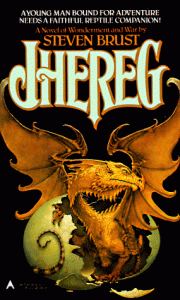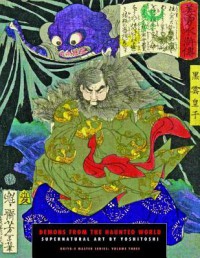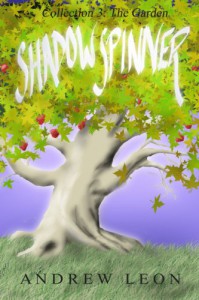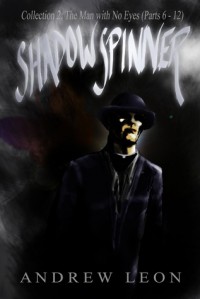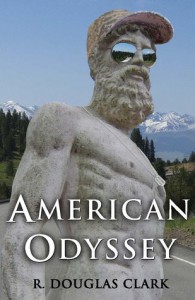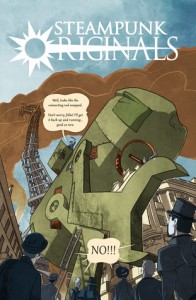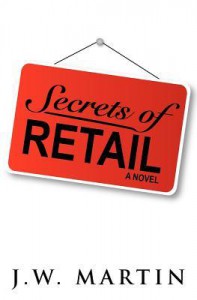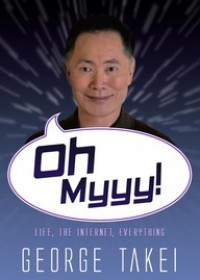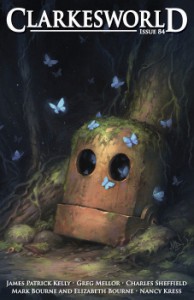Review


Nine Princes of Amber, a new wave fantasy written by Roger Zelazny, one of the fathers of modern science fiction, is the first of a ten-novel series known as [b:The Great Book of Amber|5367|The Great Book of Amber (Chronicles of Amber, #1-10)|Roger Zelazny|https://d202m5krfqbpi5.cloudfront.net/books/1386924223s/5367.jpg|8810].
The story follows the narrative of Prince Corwin, one of nine brothers vying for the coveted throne of Amber after the disappearance of their father, King Oberon. The competition for the seat of power in the country that doubles as the magical crux of our reality is a bloody, ruthless venture which is often fronted as a game of wits between the siblings. The novel begins with Prince Corwin waking in a private hospital in New York, with absolutely no memory of who he is or the world he came from, but a sense of urgency, and an understanding that someone wants him dead. Clever, quick-thinking, and willing to sacrifice others for his own ends, amnesiac Corwin is a classical anti-hero: a man who makes it hard to root for him.
Still, I did, and I enjoyed his exploits throughout the plot's journey. Zelazny's characters interact with each other in an entertaining and underhanded way, always testing each other and fishing for information. Everyone knows they can't trust anyone, and perhaps Corwin only comes to regret that feeling of isolation amongst so many he calls family.
One of the most interesting things about the book was how the narrative voice changed overall. The book is told in first person, with Corwin being somewhat of an unreliable narrator, and starts with a modern, rugged man's voice. But as pieces of Corwin's true personality return to him, the narrative style changes, adopting more formal language (befitting a prince).
Unfortunately, the use of first-person is a double-edged sword for Nine Princes of Amber. Corwin's tendency to speak at a distance of events as they unfold kept me from fully immersing myself in the world, and rather than the book having a rising action towards its (admittedly) unique and powerful conclusion, Corwin's laundry-list style of relaying the events killed much of the tension for me.
The characters and world-building, especially in regard to the magical systems the princes employ, were quite interesting. I loved the characters of Random and Jopin, and the second incarnation of Corwin (as compared to the Corwin of Act I in the book). However, I would have loved to see more development on the whole. While I am not someone who needs to have prominent female characters in any story, the addition of Llewella and Moire seemed rather pointless and unneeded. And Flora, who seemed to be important in Act I, never shows again after Chapter 3.
The magic was quite interesting and enjoyable, drawing inspiration from Tarot and several different cultures. The use of the Trumps, as the characters called them, as communication and teleportation devices was quite well thought-out (and used as a quick way to identify all the major players of the story was quite clever, if wordy). I also really loved the concept of The Pattern, but I won't give away spoilers here.
Overall, I enjoyed the book, and it had moments of real interest, but in addition to all of the things above, a painfully obvious and disappointing deus ex machina brought the rating down quite a bit. Still, I am looking forward to continuing the series, to see what will happen to the cast, and if the intrigue will keep its interest.
The story follows the narrative of Prince Corwin, one of nine brothers vying for the coveted throne of Amber after the disappearance of their father, King Oberon. The competition for the seat of power in the country that doubles as the magical crux of our reality is a bloody, ruthless venture which is often fronted as a game of wits between the siblings. The novel begins with Prince Corwin waking in a private hospital in New York, with absolutely no memory of who he is or the world he came from, but a sense of urgency, and an understanding that someone wants him dead. Clever, quick-thinking, and willing to sacrifice others for his own ends, amnesiac Corwin is a classical anti-hero: a man who makes it hard to root for him.
Still, I did, and I enjoyed his exploits throughout the plot's journey. Zelazny's characters interact with each other in an entertaining and underhanded way, always testing each other and fishing for information. Everyone knows they can't trust anyone, and perhaps Corwin only comes to regret that feeling of isolation amongst so many he calls family.
One of the most interesting things about the book was how the narrative voice changed overall. The book is told in first person, with Corwin being somewhat of an unreliable narrator, and starts with a modern, rugged man's voice. But as pieces of Corwin's true personality return to him, the narrative style changes, adopting more formal language (befitting a prince).
Unfortunately, the use of first-person is a double-edged sword for Nine Princes of Amber. Corwin's tendency to speak at a distance of events as they unfold kept me from fully immersing myself in the world, and rather than the book having a rising action towards its (admittedly) unique and powerful conclusion, Corwin's laundry-list style of relaying the events killed much of the tension for me.
The characters and world-building, especially in regard to the magical systems the princes employ, were quite interesting. I loved the characters of Random and Jopin, and the second incarnation of Corwin (as compared to the Corwin of Act I in the book). However, I would have loved to see more development on the whole. While I am not someone who needs to have prominent female characters in any story, the addition of Llewella and Moire seemed rather pointless and unneeded. And Flora, who seemed to be important in Act I, never shows again after Chapter 3.
The magic was quite interesting and enjoyable, drawing inspiration from Tarot and several different cultures. The use of the Trumps, as the characters called them, as communication and teleportation devices was quite well thought-out (and used as a quick way to identify all the major players of the story was quite clever, if wordy). I also really loved the concept of The Pattern, but I won't give away spoilers here.
Overall, I enjoyed the book, and it had moments of real interest, but in addition to all of the things above, a painfully obvious and disappointing deus ex machina brought the rating down quite a bit. Still, I am looking forward to continuing the series, to see what will happen to the cast, and if the intrigue will keep its interest.







